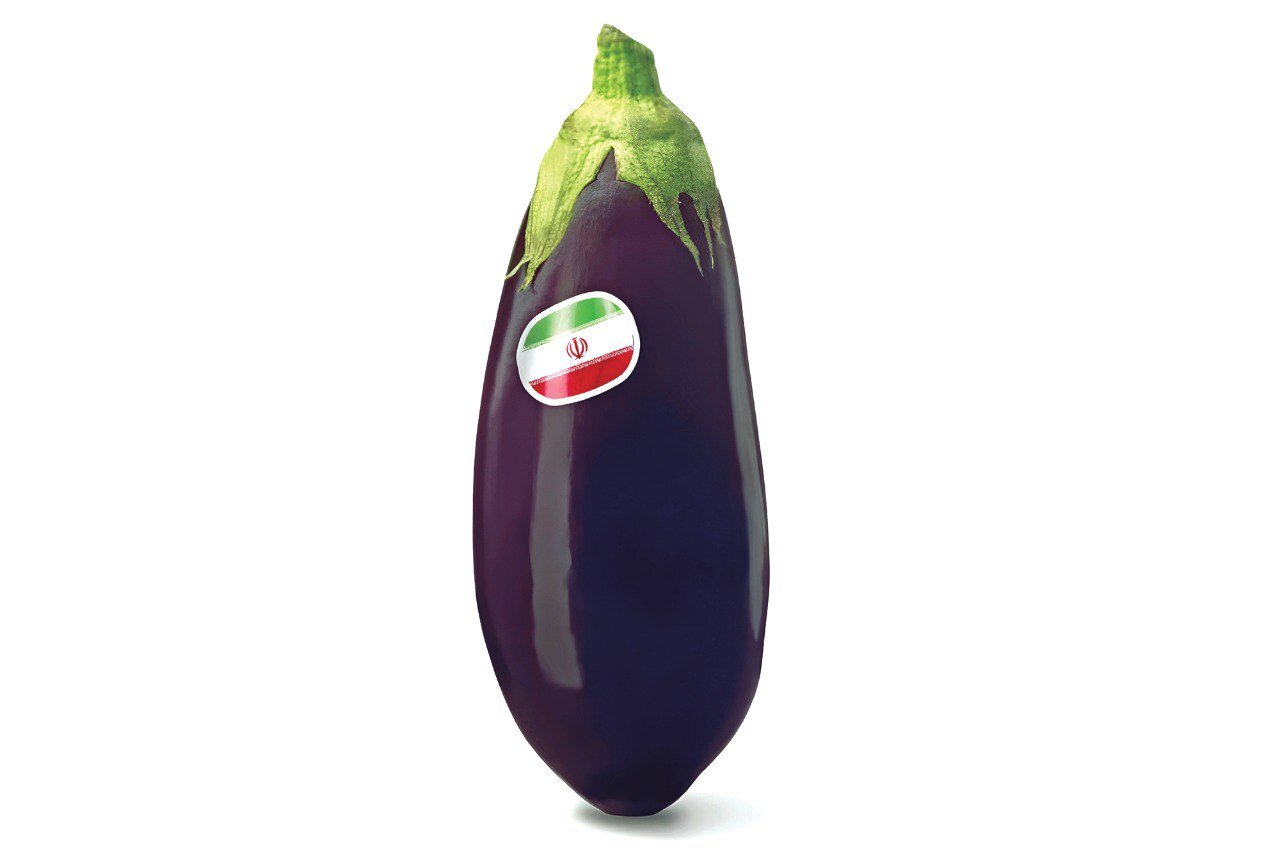Aubergine phobia?
Iranian missiles aren’t the only things unnerving the West. Our aubergines are apparently scary too

TEHRAN – In a world where Palestinian children starve to death under accusations of terrorism, Israel’s prime minister receives standing ovations and unwavering support in Western political circles for upholding "democracy” despite being a war criminal, and the U.S. President floats the idea of turning sovereign nations into American states— perhaps it’s no surprise that Iranians are criminalized for selling tomatoes, potatoes, and aubergines.
A recent Economist article frames Iran’s legal fruit and vegetable imports to the UAE as “smuggling”, blames the Iranian government for the UAE’s supposed failure to support its own farmers, and alleges that Iran repackages food exports—which are not under sanctions—to circumvent the broader impact of Western trade restrictions, a move that even if proven to be true, would be neither illegal nor unethical, given that Iran is simply ensuring the economic survival of its 90 million people.
Analysts believe that the article labeling Iranian fruits and vegetables as "forbidden" and claiming their entry into neighboring Persian Gulf nations is somehow "corrupting" represents yet another coordinated effort to stifle Iran’s revenue streams. Traditionally reliant on oil—a sector already affected by heavy U.S. sanctions—Iran has managed to significantly increase its non-oil exports in recent years. But even for a nation that has endured over four decades of sanctions and adapted to countless restrictions, this latest propaganda campaign marks a new low.
So far, neither Iranian officials nor UAE authorities have bothered to respond to the article. But inside Iran the reaction has been explosive - a mix of raw anger, bitter laughter, and utter disbelief has been flooding social media.
Last week, a Western-funded news channel became the first Persian-language broadcaster to platform The Economist's controversial report. In a viral clip circulating on X, the anchor says Iran’s agricultural exports “threaten regional food security” before asking her remote guest how to “disrupt” what is essentially legitimate cross-border trade.
The London-based outlet has faced intense backlash since the Iran-Israel war, when it openly endorsed the Israeli regime’s strikes on Iranian soil. "First you applaud bombs falling on our cities, now you want to starve us? I know Israelis and Westerners sign your checks, but have you forgotten where you come from?" said one user on X. Her profile simply says: "26. Accountant. Tehran. Trying to survive."
Other responses dripped with sarcasm. “Is breathing Iranian air going to be outlawed next?” said one user. Another mocked, “I’ll enjoy Iranian melons with my family tonight—I hope the West and Israel don’t find that illegal too.”
Quite a few furious and harsh responses could also be found on X. One male user said the sight of Western-based Iranian journalists now makes him "sick." "I feel physically sick seeing these people on TV now," he wrote. "I used to watch them, but their propaganda only poisons minds." An Iranian-American whose posts showed he had taken part in rallies in the West calling for the toppling of the Islamic Republic responded to the post, saying that "if the Islamic Republic extradites these 'journalists' and puts them on trial," he would support it. "Traitors deserve justice," he added. The anchor who shared the video ended up blocking most of the critical accounts, as reported by the users.
Furthermore, the Economist article has spurred debate about why the West continues its relentless pressure on Iran across economic, military and diplomatic fronts. The topic is especially hot among the younger generations of Iranians, who have been looking at politics from a different prism since the Iran-Israel war.
"I don't really follow the news," said a makeup influencer girl - just 19 years old - who posted on her Instagram story. "But ever since I was little, all I've heard is how our nuclear program and missiles are the problem. Now they're making a big deal about our aubergines?" She shared the same aubergine photo that's on today's Tehran Times cover.
